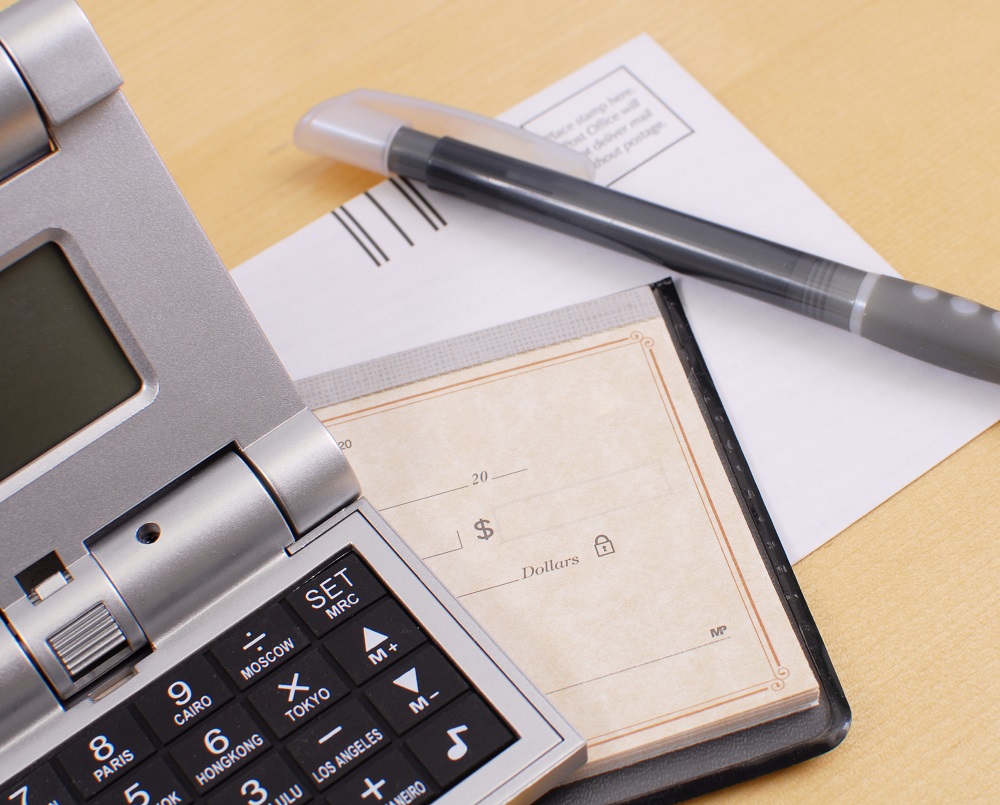Filing for bankruptcy is not the end of the world. Although filing for bankruptcy can affect your credit score, it does not ruin your credit for life. You can still repair your damaged credit, with lots of discipline and patience.
After you have taken care of your debts in court, you now have the unique opportunity to start with a clean slate. Your credit would have been in a terrible state that you were qualified to file for a Chapter 7 bankruptcy. A bankruptcy can affect your credit reports for 10 years, but its adverse effects will fade over time. Here are the things that you can do to offset the negative impact of a bankruptcy.
What To Do After Bankruptcy
You must ensure that your income is enough to cover your basic expenses and will still have a small amount left. Here are the things that you can do.
1. Create a budget. When you create a budget, you stay on top of your financial obligations. Non-profit credit counseling agencies offer free help on topics such as budgeting, which can be very helpful to you.
2. Start building your emergency fund. Set aside as little as $250 in savings for emergency expenses. This can protect you and your family from applying for loans and using credit cards.
3. Assess your situation.
Check your free annual credit reports. Make sure to check that all the debts you included when you filed for bankruptcy were zeroed out in your reports. If you find any errors, get them corrected immediately. Of course, there will be negative data in your credit report after filing for bankruptcy. Your bankruptcy will be reflected in your credit reports for ten years. The late payments and delinquencies will also be in the report for seven years. Filing for bankruptcy does not erase these pieces of information from your credit reports.
4. Track your credit score. Track your credit score monthly, looking at the same score every month. Pick the type of score you want to check and stick with it.
Things To Do To Repair Your Credit
Slowly rebuild your credit by doing the following steps.
Pay your non-bankruptcy accounts on time.
Not all of your debts would have been included when you filed for bankruptcy. Some accounts, such as student loans, cannot be discharged by a Chapter 7 bankruptcy. You need to continue paying for these accounts on time because they will still affect your credit score. You must pay accounts that are not reflected in your report. This is your opportunity to show creditors that you are taking responsibility for your financial accountabilities.
Get a secured credit card.
A secured credit card requires you to pay a deposit. The credit limit is usually the same as the amount that you have in your deposit. Secured credit cards typically have high-interest rates. Most issuers will convert you to an unsecured card after a year of on-time payments. A secured credit card can help you rebuild your credit score. Make small purchases that you can pay on your card, and pay them in full, on-time.
Get a co-signed card or loan.
When applying for a co-signed credit card or co-signed loan, you will need a friend or a family member who has good credit history to co-sign for you. Remember that if you do not pay on time, the person who co-signed will be liable too. He is putting his credit score at risk and might have to suffer consequences of the added debt obligation. Avoid ruining your relationships when you get a co-signed credit card or loan.

Pay your new credit cards on time.
On-time and full payments can help you most in rebuilding your credit score. Make your payment every month, no matter what card you have. Paying your balance in full is even better. It helps you avoid the cycle with debt trouble. When you are more than a month late for your payments, it shows up in your report. Add that to a bankruptcy record, and you might find it harder to repair your credit score.
Choose cards with a low credit balance.
Keeping cards with a low credit balance is a great idea, especially when you are trying to fix your credit record. How much you charge in your card can affect your credit score. Make sure that your charged expenses do not go beyond 30% of your credit limit.
Fixing your credit records is not something that you can do overnight. Be patient, and avoid making costly mistakes that are financially harmful, such as applying for too many credit cards and loans. Charge the amount that you are sure you can pay in full, and pay it on time.
It will take some time, but you will surely get there.






